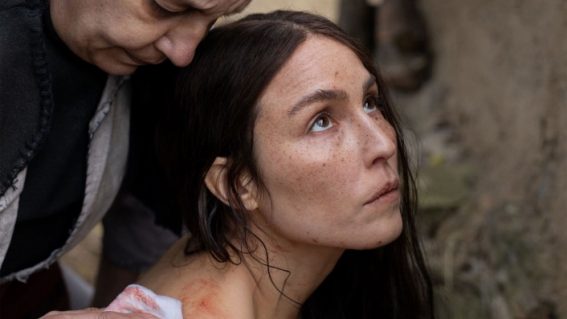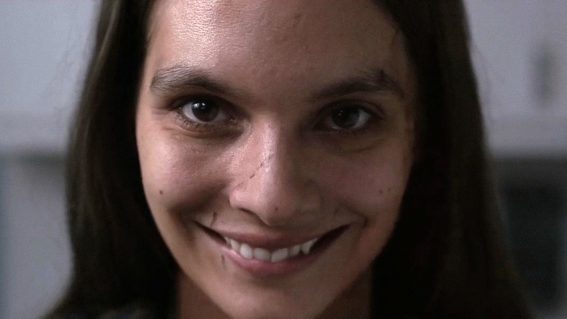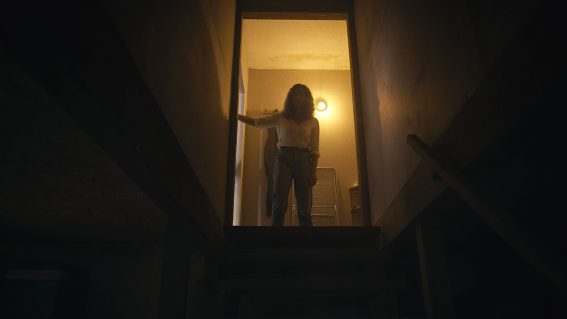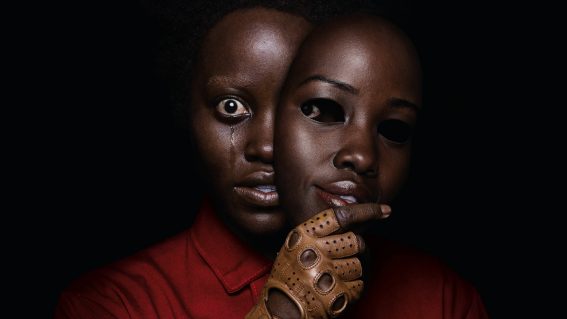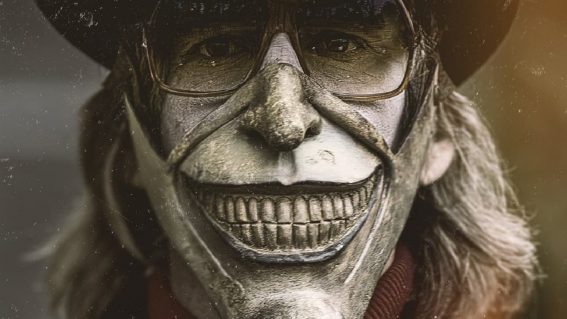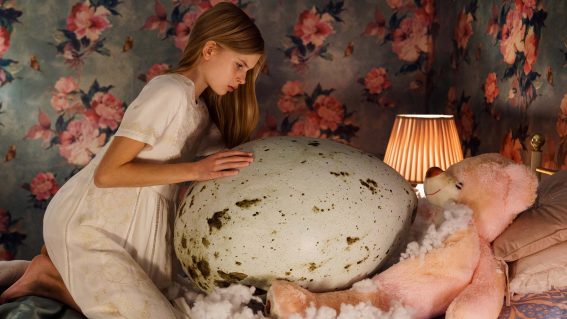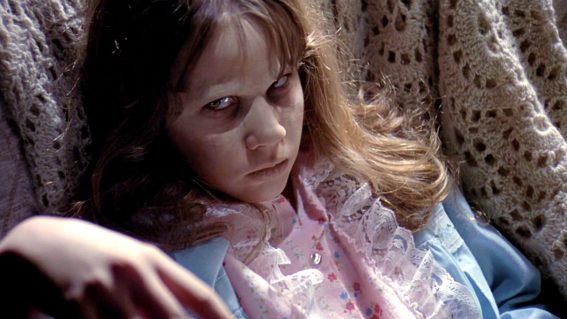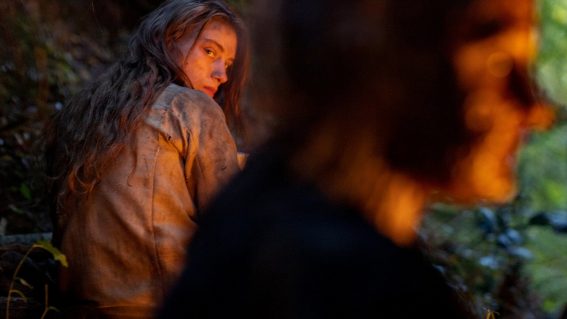
New York-set horror film Greta has demented dedication and juicy scares a-plenty
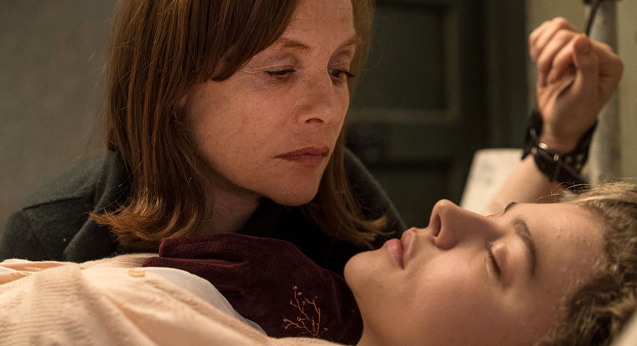
Isabelle Huppert and Chloe Grace Moretz are all in on this New York City-set horror film about a young woman pursued by a maternal friend. Everyone involved has done far better work, but Neil Jordan’s movie has a demented dedication, writes critic Craig Mathieson
In Greta, a wind-up toy of a horror film that wants for an insidious purpose, Isabelle Huppert goes full psychopath: there’s the serenely sinister smile, the looming intimacy and the sudden flick to rage-filled demands. This silly, simplistic movie offers that rarefied pleasure of watching one of the world’s great screen actors get their Nicolas Cage on.
Unlike Daniel Day-Lewis, who could never quite find the rhythm in the over-designed 2009 musical Nine, Huppert gives her surrogate mother from hell everything she has, even when it’s against her own talents. At one point her character is wheeled out of a restaurant after a public meltdown and you’re surprised they didn’t slip Hannibal Lecter’s mask over her suddenly sharp teeth.
Huppert plays Greta Hideg, a lonely Brooklyn widow who finds recent Manhattan arrival Frances McCullen (Chloe Grace Moretz) at her door one day, returning the handbag that was left on a subway seat. The recent university graduate has just lost her mother, while Greta’s daughter has relocated to Paris. Under such obvious circumstances they’re soon friends, despite the protests of Frances’ roommate, Erica (Maika Monroe). The characters are essentially ciphers, but that’s all the reductive plot requires.
“We were meant for love, Frances, not this terrible isolation,” Greta soon declares. When the younger woman recoils from the older woman’s possessiveness Greta becomes a coolly unhinged stalker.
Sign up for Flicks updates
Greta was co-written and directed by the veteran Irish filmmaker Neil Jordan, whose work has repeatedly drawn tender domestic pathos out of supernatural excess in features such as The Company of Wolves, Interview with the Vampire, and Byzantium. The opposite prevails here: the domestic confinement of mock mother and daughter soon breaks down into supernatural stoking. One extended sequence, involving Greta somehow texting Frances pictures of Erica shot from a few metres away, suggests that the pursuer has a spectral power, which is fitting to the extent that the set-piece has been brazenly cribbed from Olivier Assayas’ Personal Shopper.
Jordan’s technique is hyper-accelerated. Whereas traditionally his compositions have been wide and atmospheric, filling the nocturnal streets of London with otherworldly dread in Mona Lisa, he now sprints for every jump scare. With the story narrowing so rapidly, some of the gambits are shameless, including not one but two dream fake-outs. There are delicious moments of terror, such as an elevator constricting around Frances in a shower of glass and straining metal, but at a certain point the only possible relationship to the film is the same as the titular character demands of her quarry: subservience.
Isabelle Huppert works in a wider range of films in her native France than we see here, so it’s hardly surprising that she tried a throwback 1990s horror-thriller (in 2011 she did an episode of Law & Order: SVU). But even though she enthusiastically acquiesces to this pulp friction her finest performance make use of a coolly contained ability to hold conflicting urges in closely compelling proximity. Greta, however, has no depth or contradiction. She’s as relentless as the Terminator; as driven as Max Cady. The mother figure as monster is an intriguing concept, but this Mommie Dearest and Single White Female mash-up is frightened of gender and any other lens, bar the next juicy scare.



